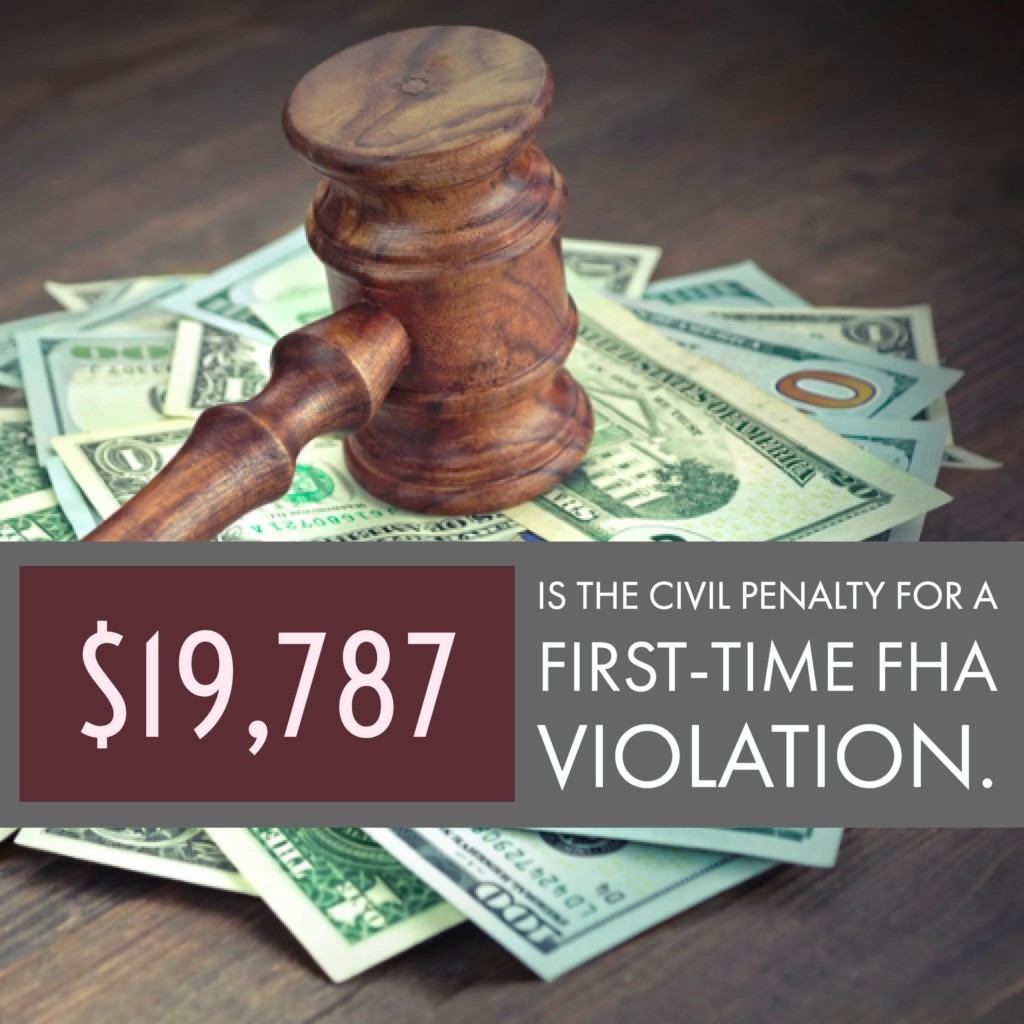 Cases involving FHA violation can be costly and time-consuming. Add to that, it can be challenging to keep up with ever-changing compliance regulations and relevant court rulings, but doing so is necessary in order to avoid making costly mistakes. Fortunately, Grace Hill works closely with Haynsworth Sinkler Boyd P.A. (HSB) to monitor emerging compliance topics for multifamily property managers. Here are two recent rulings with big implications for property managers.
Cases involving FHA violation can be costly and time-consuming. Add to that, it can be challenging to keep up with ever-changing compliance regulations and relevant court rulings, but doing so is necessary in order to avoid making costly mistakes. Fortunately, Grace Hill works closely with Haynsworth Sinkler Boyd P.A. (HSB) to monitor emerging compliance topics for multifamily property managers. Here are two recent rulings with big implications for property managers.
Gender Identity and/or Sexual Orientation Discrimination
The US District Court in Colorado recently determined that discrimination against applicants based on gender identity and/or sexual orientation constitutes discrimination under the FHA. The Court heard a case where a family made up of two married lesbian women, one of whom is transgender, and two children was denied housing at a rental property. The family was denied as applicants for the townhouse because of their “unique relationship” and because, according to the landlord, they have “kept a low profile” and “want to continue it” that way. The court ruled in favor of the couple, finding that denial of their application based on failure to conform to gender stereotypes constituted discrimination based on gender under the FHA. However, the court declined to specifically find that discrimination based on gender identity is sex discrimination under the FHA, mainly due to procedural reasons.
How to Protect Your Property
Make sure written policies advise employees not to treat applicants or tenants any differently based on gender identity or sexual orientation. Train all employees, particularly leasing agents, how to avoid discriminating based on gender identity or sexual orientation. This includes educating them on potential scenarios in which they might discriminate unknowingly.
Prohibiting Children is Discrimination Against Families
The FHA makes it unlawful to discriminate against families with children, including denying or limiting housing to families because they have children under the age of 18, making discriminatory statements, and imposing rules or policies that discriminate against families with children. In a recent case, a property company in Kansas terminated a resident’s lease when she asked if her grandchild, whom she had recently obtained custody of, could be added to the lease. The property manager allegedly told the resident that the owner “doesn’t want kids on the property.” The outcome of the case was that HUD charged the property owners, operator, and office manager with violating the FHA.
How to Protect Your Property
State in written policies that it is not possible to lawfully ensure a child-free property and that employees should not, through action or comment, convey the desire for one. Inform all employees of the above facts and train them to avoid imposing any limitations on children in their leasing procedures as well as in any behavioral regulations they impose on tenants.
Want More?
We share the most relevant compliance updates with Vision Platinum customers each month in The Vantage Pro and quarterly for all Vision customers in The Vantage. We also incorporate that information into our Compliance Plus courseware regularly, so your people and teams are always being trained on the latest, emerging compliance topics. Schedule a demo below to learn more.


 Customer Support
Customer Support



